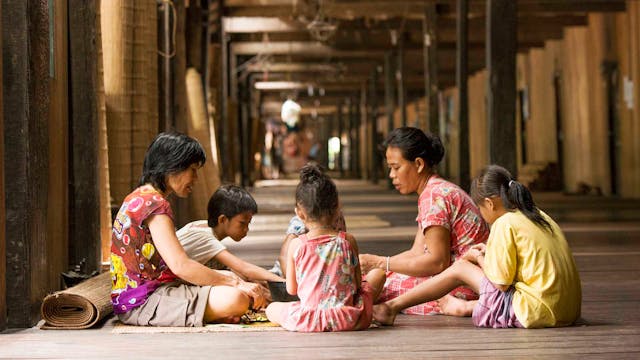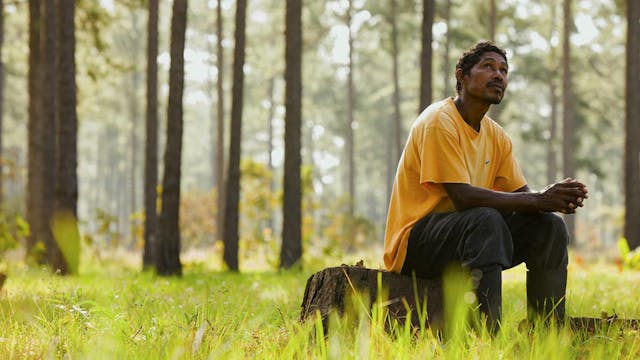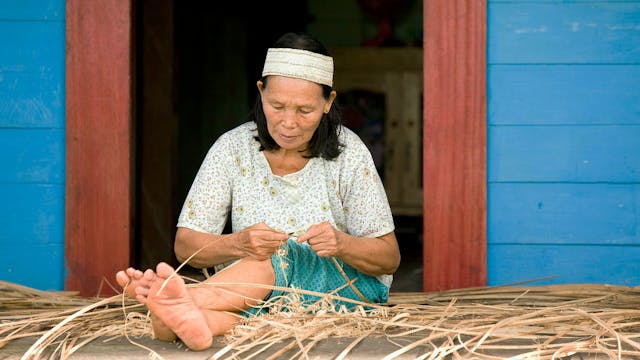Freedom
Films
•
8m 15s
Brazil’s African slave descendants, the Quilombola, have fought a long and hard struggle for recognition. After the abolition of the slave trade they were left abandoned and ostracised, devoid of rights and outside of Brazilian mainstream society. But things are slowly changing amongst rural communities.
In the 1988 constitution Brazil’s Quilombola were granted access to land rights and since then they have been actively building a way to secure land titles on the sites where many have lived for generations. Community mapping is an important tool in this process, as is increasing awareness amongst the Brazilian population through education and ecotourism.
‘Freedom’ looks at two Quilombola communities, one with no land title and one benefitting from legal recognition, and examines the disparities between them.
Director: Paul Redman
Producer: Tim Lewis
2015 | 8 min
Latin America | Brazil
Languages: Portuguese
Subtitles: Portuguese, English, Indonesian, Spanish
Up Next in Films
-
Hope
The indigenous people of Sungai Utik, a Dayak Iban community in West Kalimantan, Indonesia, have maintained a strong traditional connection to their forests despite continuous pressure from logging and palm oil companies intent on taking their land. Their forests remain intact and their tradition...
-
Pana-Pana
On the 12th September 2013 the Honduran government granted almost 7% of its territory to the indigenous Miskito people who have lived traditionally on this land for centuries. We follow the leadership of the indigenous organization, MASTA, as they speak to their elders and explore solutions to be...
-
Dayaks and Drones
Even a well-managed, recognised forest faces constant challenges but innovative drone GPS technology, cooperative campaigning, local government support and eco-tourism are helping the Setulang people thrive. They have shown that community rights, the environment and development go hand in hand.
...



